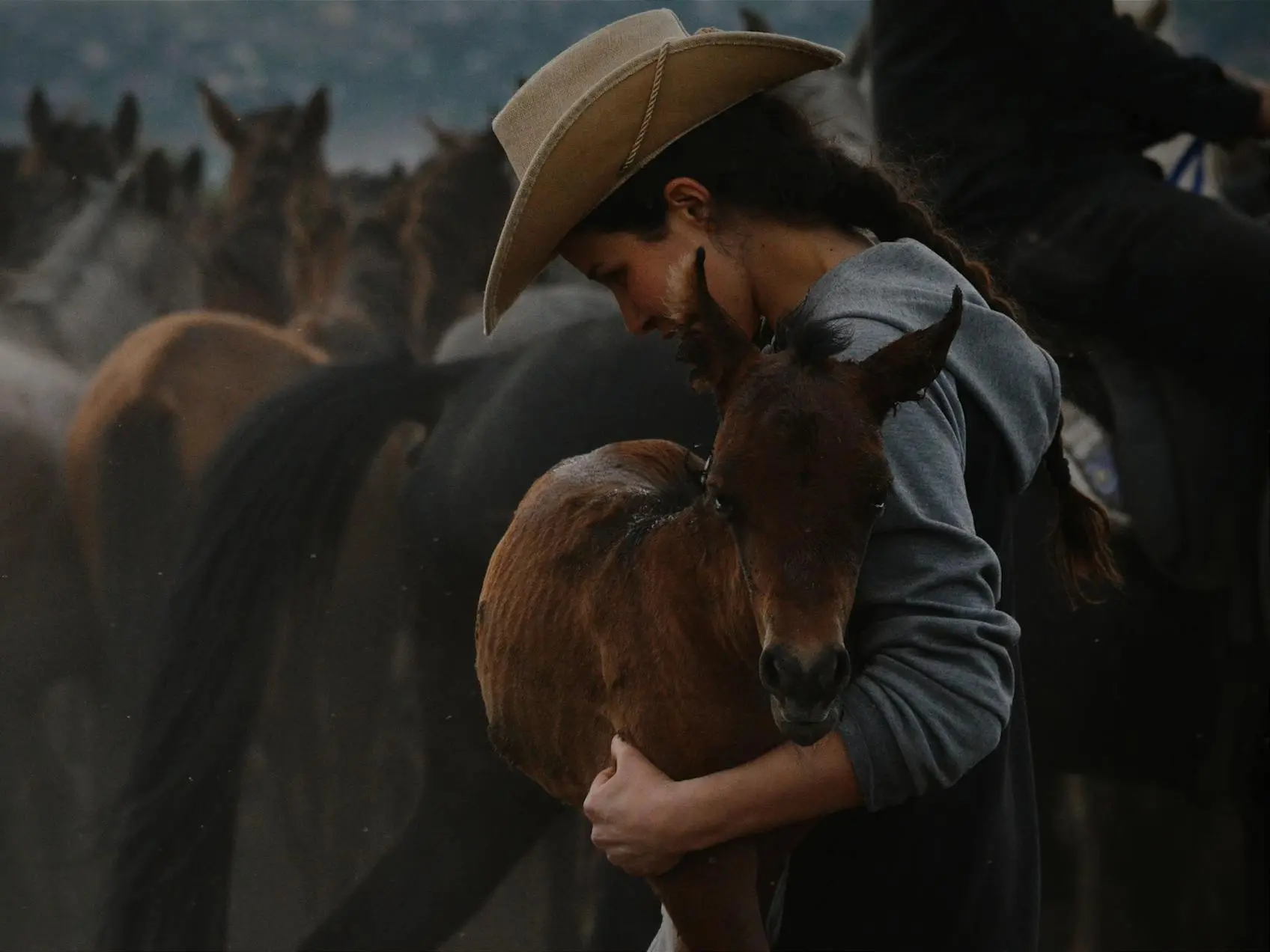
Understanding Mares
This is a position which benefits from a firm knowledge of the equine animal & the birthing process, working well in a teamwork environment and a preference for working at night.
The ability to remain calm and focused, solid knowledge of horse anatomy and behavior and strength of body are key requirements for a successful foaling attendant.
Job Description
Mares generally foal under the cover of night and provide very little advance warning of labor. Attendants are hired to keep watch overnight for signs of impending birth. Depending on the facility and training of the attendant, they are either to notify the breeding manager or handle the birthing process themselves.
Responsibilities
Remaining awake all night to monitor mare behavior
Notify whoever needs to be notified
In some cases handle the birthing process, in some cases assist
Could be responsible for administering night medications
Requirements
Out of all of the positions found in breeding stables, this is the one perhaps least likely to require any formal education. Experience is probably the best teacher when it comes to live birth and that is what most employers will want to see.
However, depending upon the amount of responsibility given to the attendant, some facilities may require varying degrees of animal science education.
The Right Job For You?
If this isn’t your dream horse job, you can find more horse job descriptions on our careers page.
If the foaling attendant is only expected to “watch and report” the knowledge and experience required is minimal. However, as is often the case, if the attendant is also the “midwife” IMHO additional knowledge and expertise is required. During the parturition process (i.e., labor and delivery), it is extremely important for the attendant to know what is normal and what is not normal, how to correct a minor dystocia, and when to call an emergency. If there is a problem, the window of opportunity to correct it is usually about 10 minutes — after which, the risk of harm or death for mare or foal (or both) increases significantly. If the broodmare manager is asleep, much of that window could elapse between the time he/she is called and arrives to take charge. In many cases quick action by the knowledgeable foaling attendant in those 10 minutes can avert an emergency and minimize risk to mare and foal, and possibly save a life.
Thanks for your comment Vcarson, this is fantastic information to share. 🙂
My info is limited on online research, so hearing from people who have personal experience in the industry is priceless.
To Vcarson.
Hi, my name is corinna an i’v been a foaling attendnt for two years now, an i am very interest in getting more involved. I’v worked at the same thoroughbred stud for the past two seasons working full time though the nights.As well as working days through the rest of the year doing yearling prep, and farm work. I really injoy the job an was wondering if you could share any infomation on how to travle to follow the foaling season around the world. How to find contacts and jobs? If you could help me with any infomation or web sites that would be fantastic!
Corinna
I want to be a foal attendant. I live in KY. Where can I find this job?
I am doing a research project on Equine careers and I chose to research a Foaling Attendant. Is there anyone I can contact to talk about their duties, starting salary, and job conditions?
Thank-you!
hey i am just wondering if you can give me any info as to where the nearest breeding yard is to me, i live in south wales and i am very interested in this line of work.
thank you 🙂
hi im a massive horse lover and i do have one of my own. i am also willing to work as a foaling attendant but i would like to know a bit more about the job thanks :]
the job i ment
My girl Camryn is looking for a horse job.
She loves horses.
Hi, I am interested in learning, are there any schools in the NJ area???